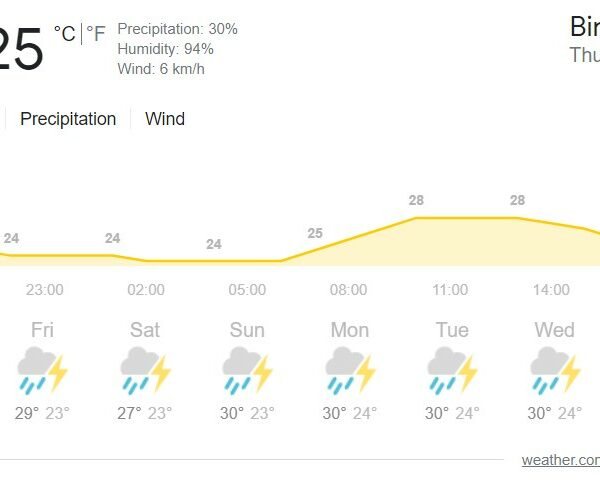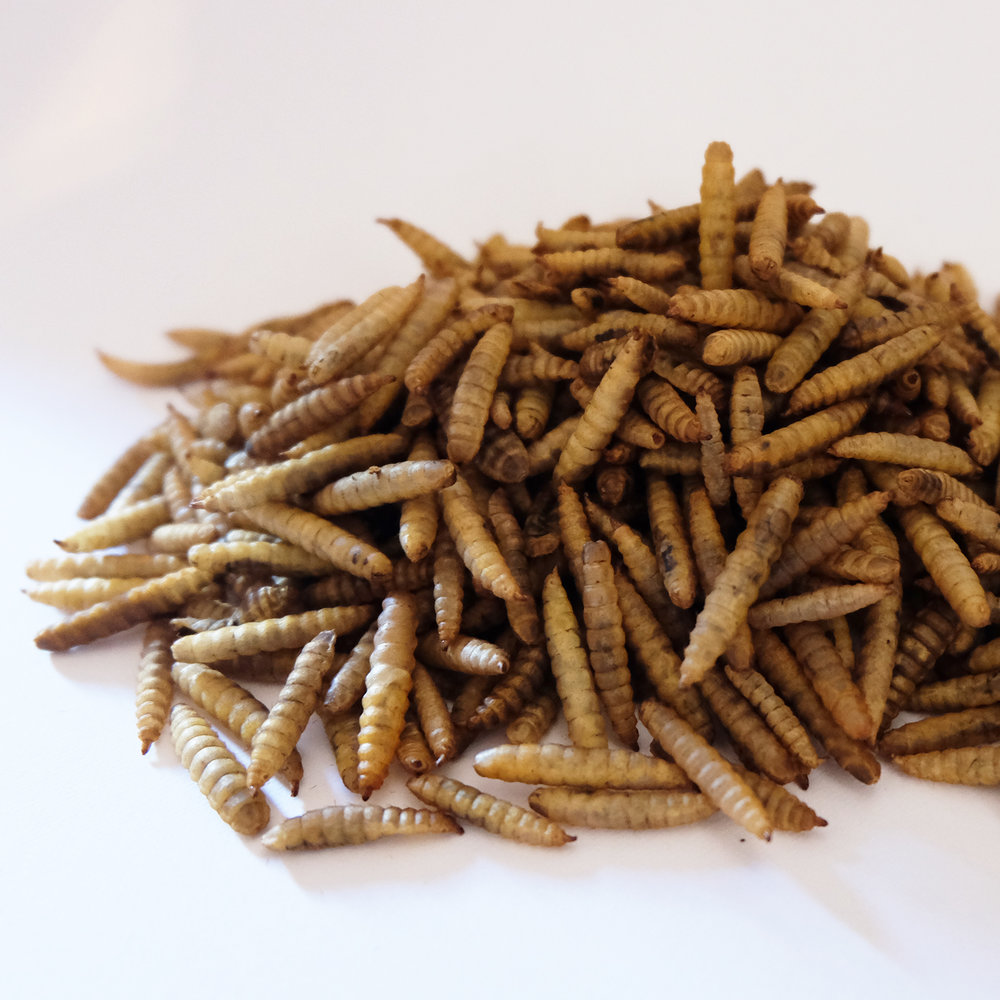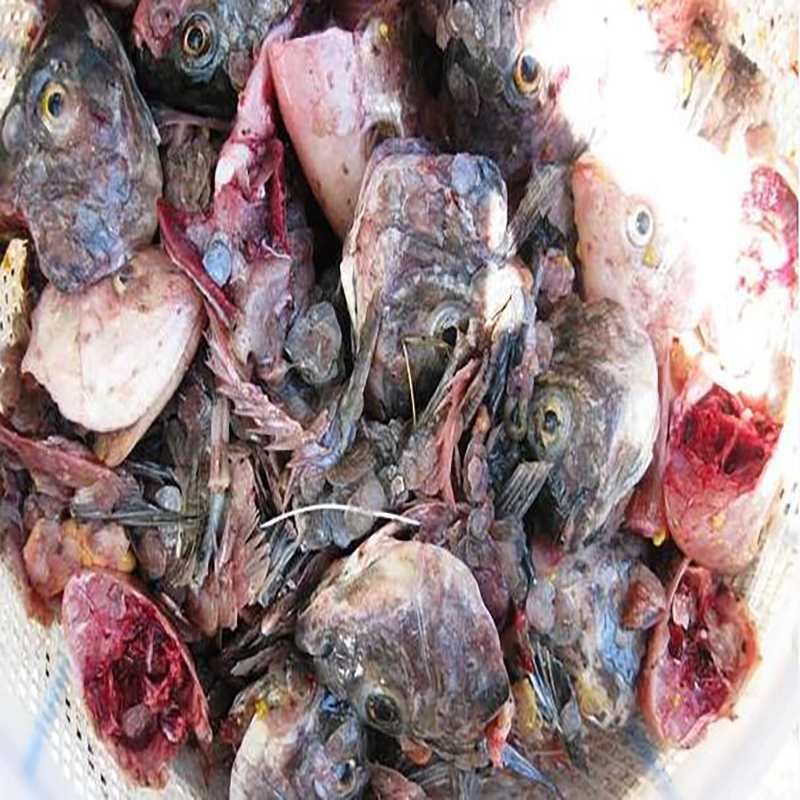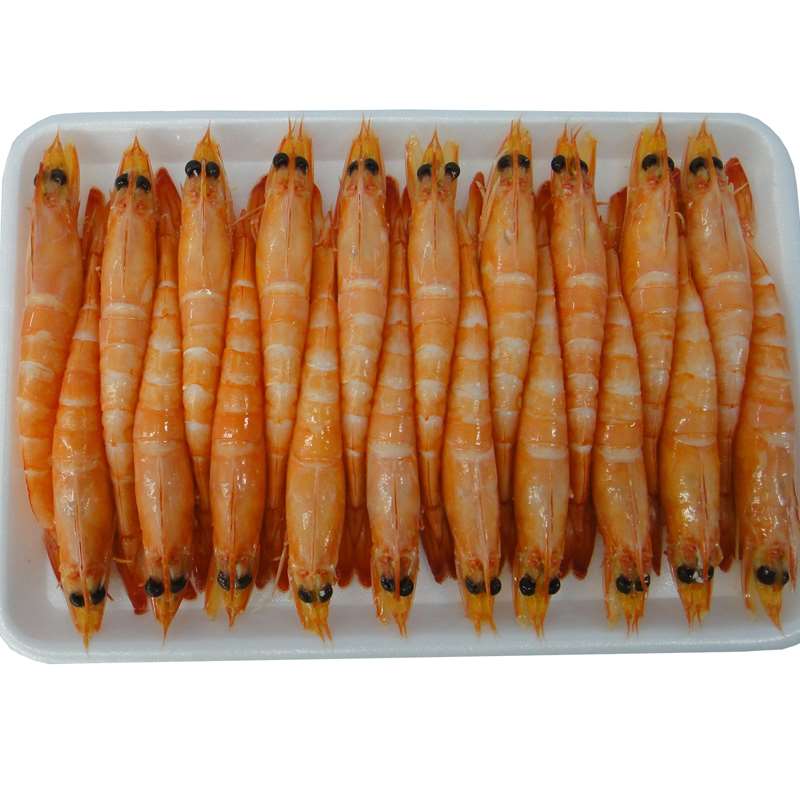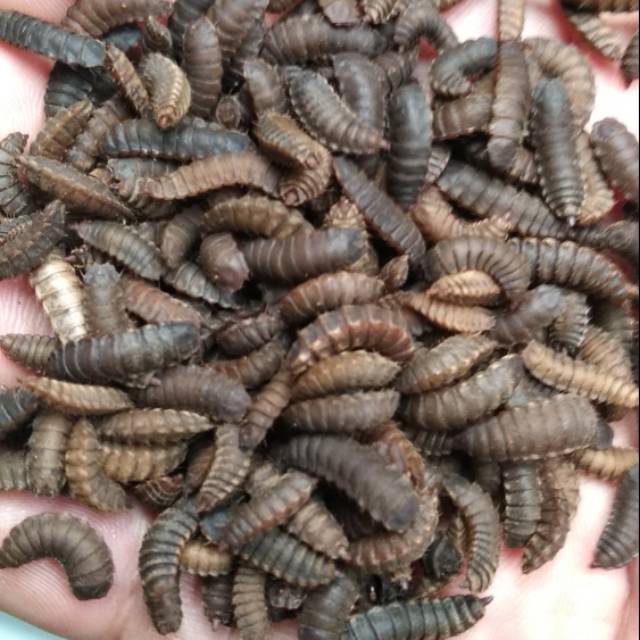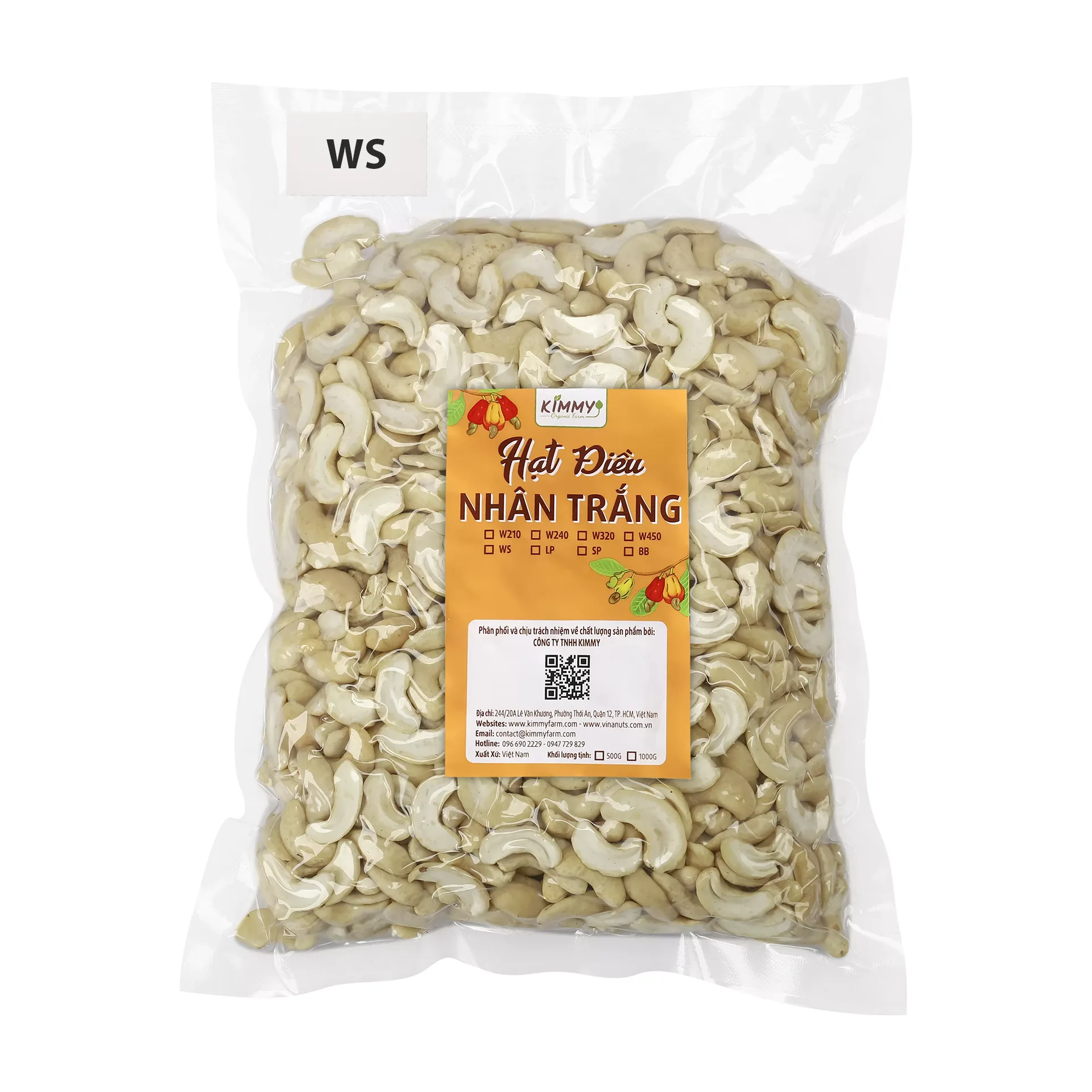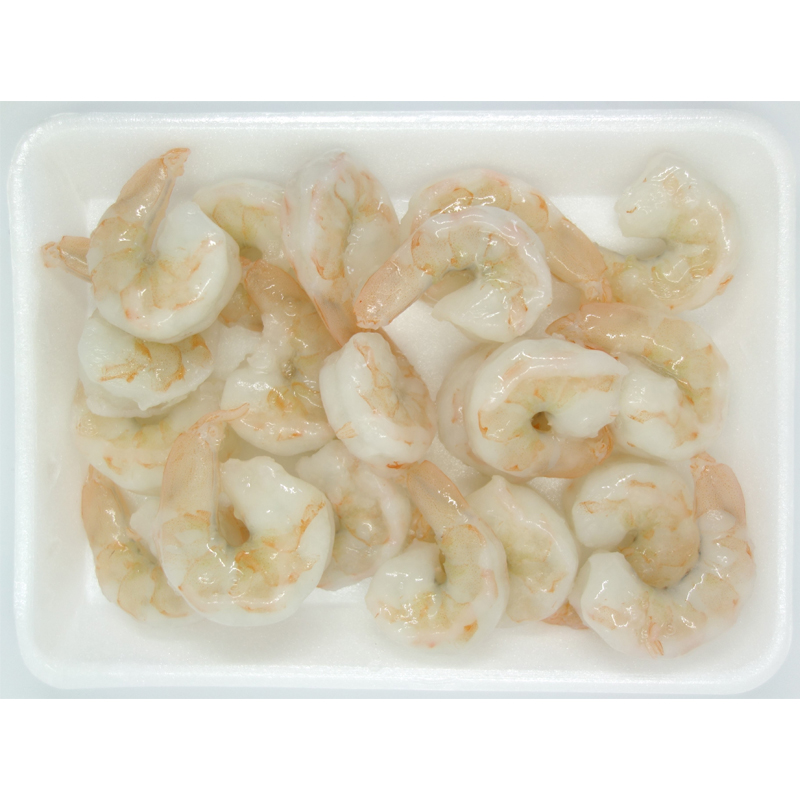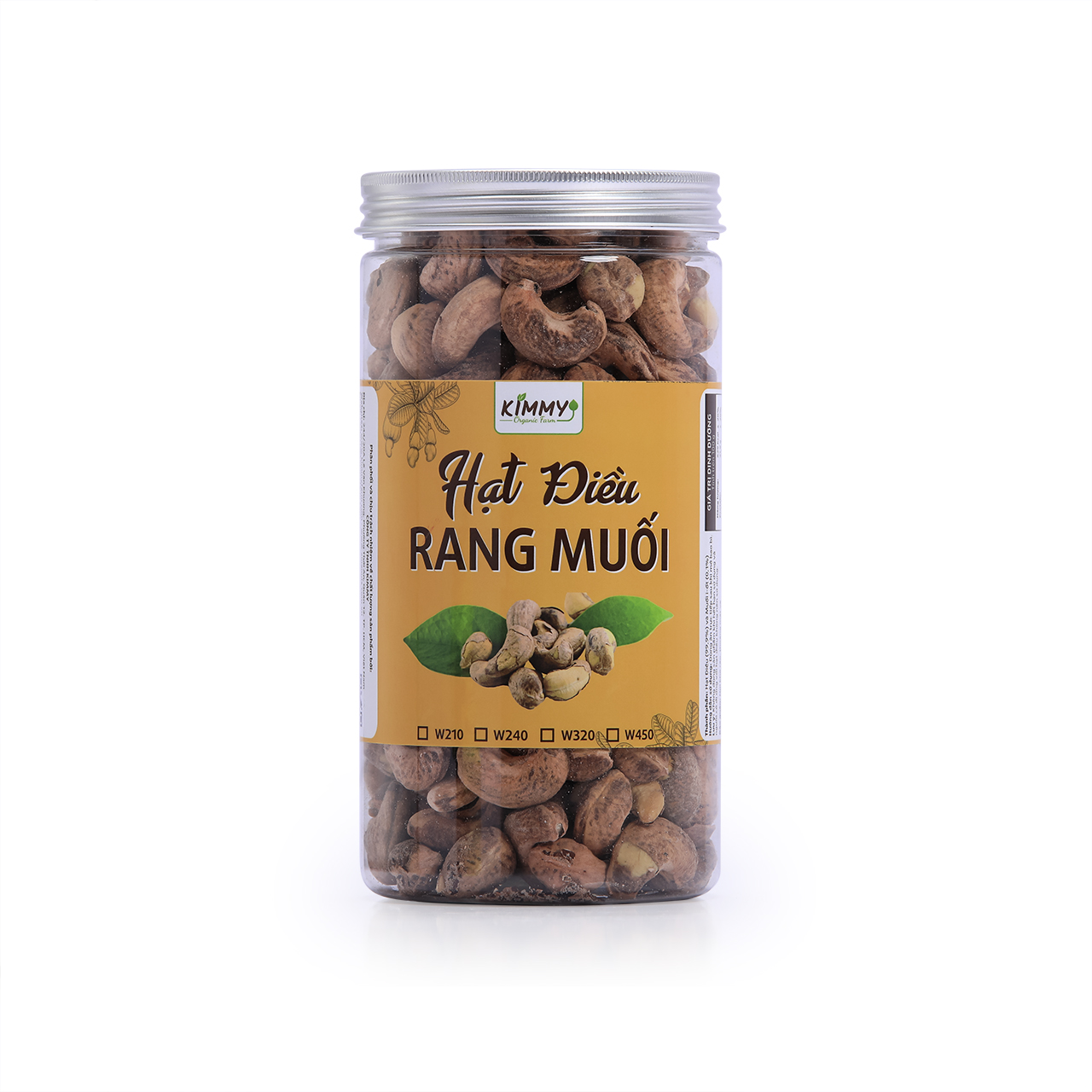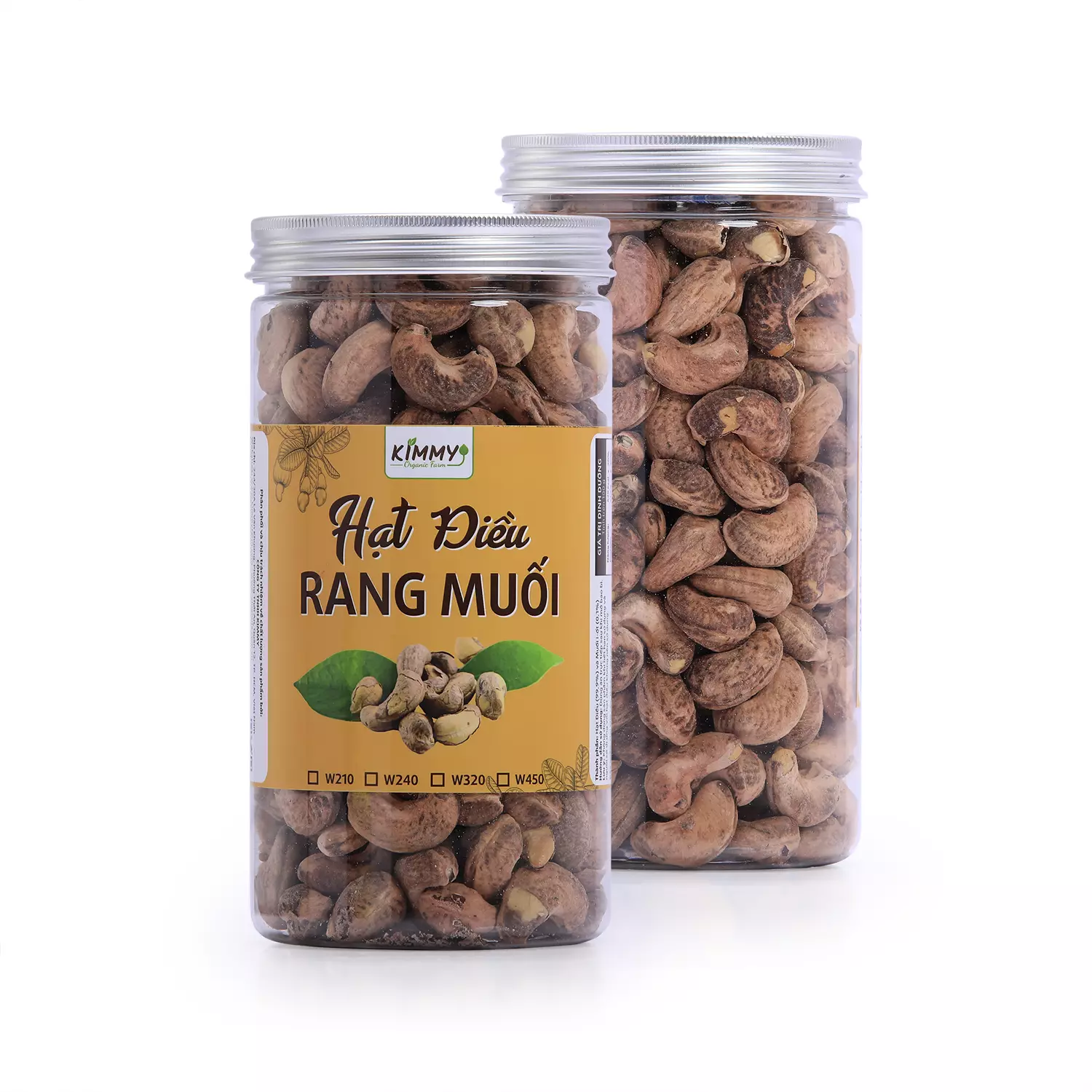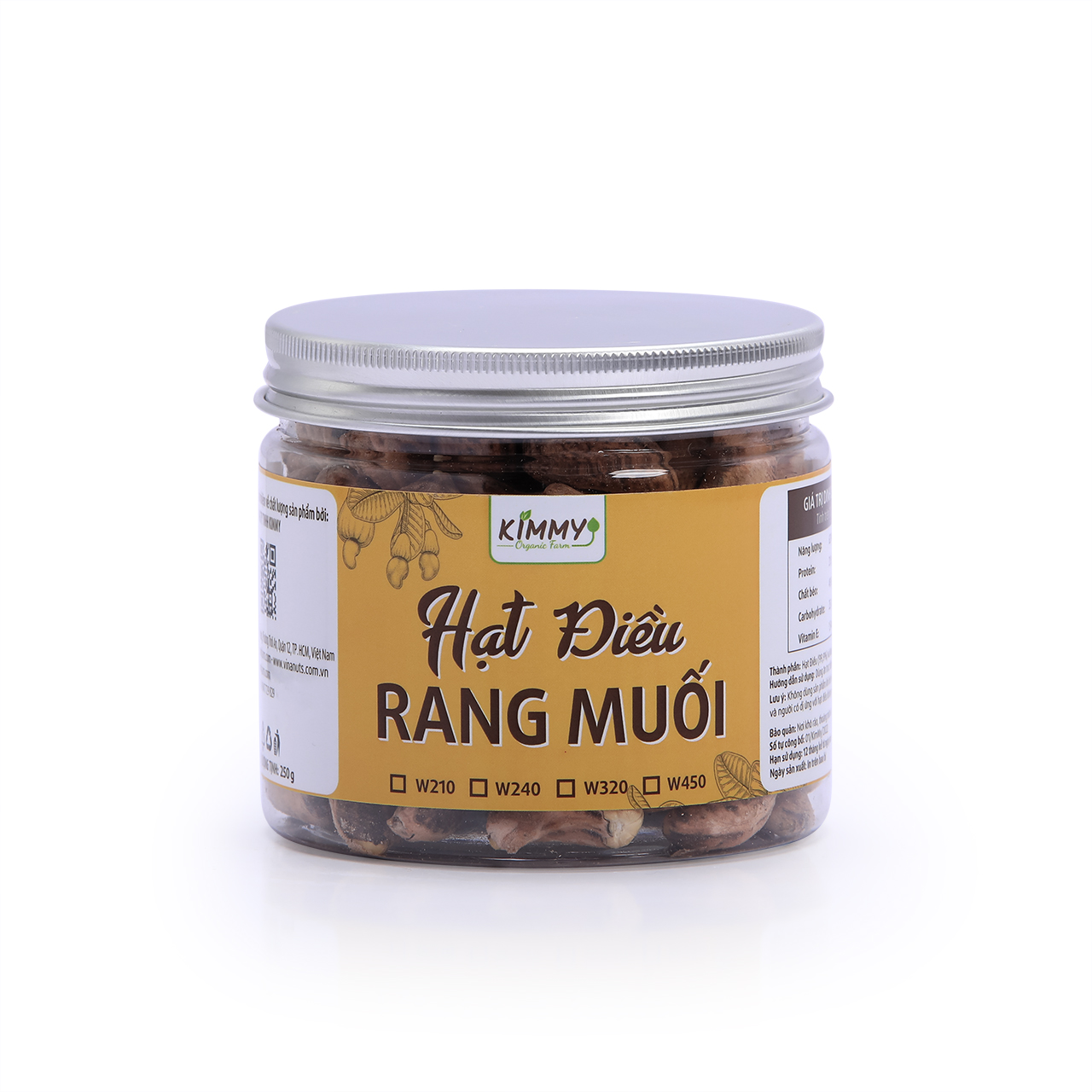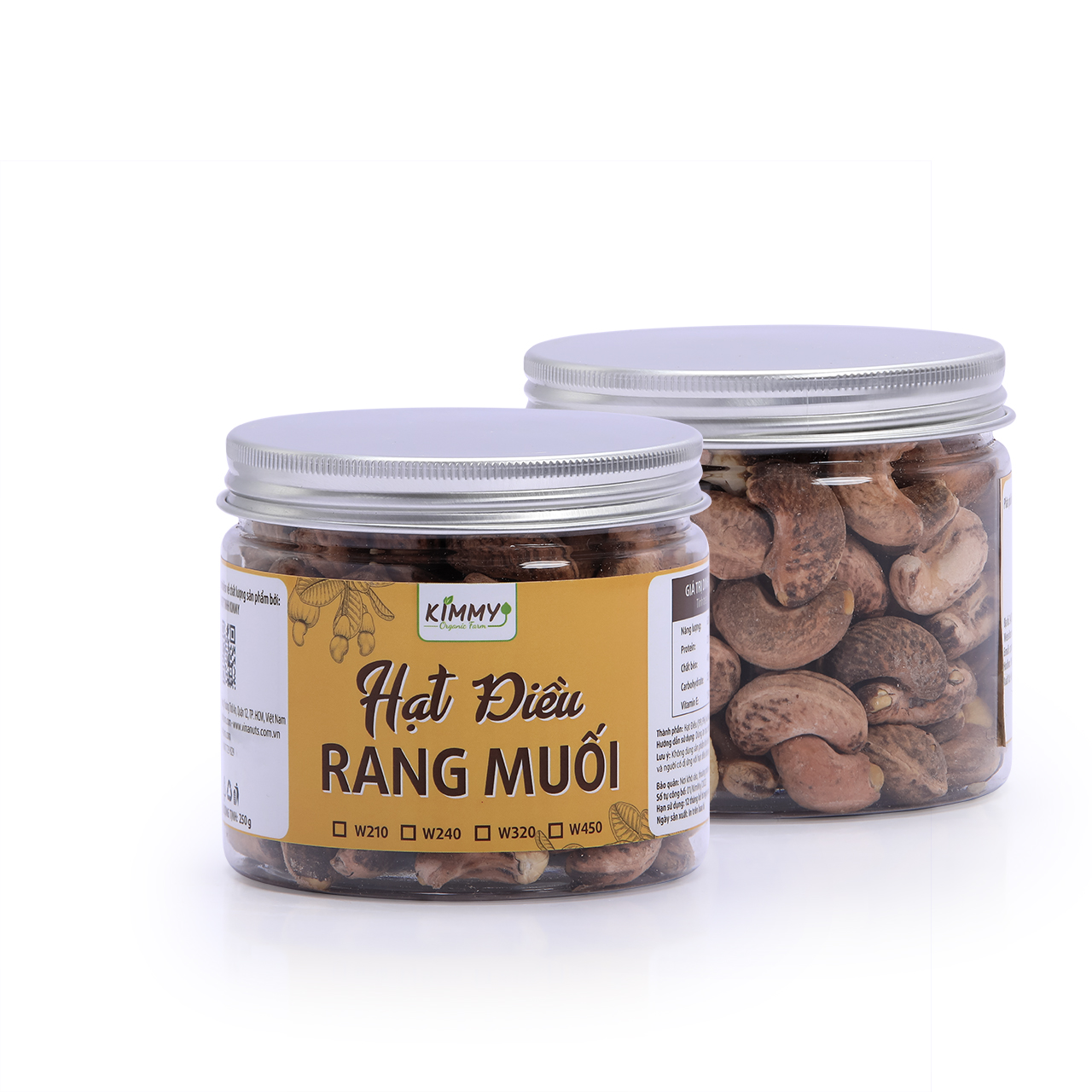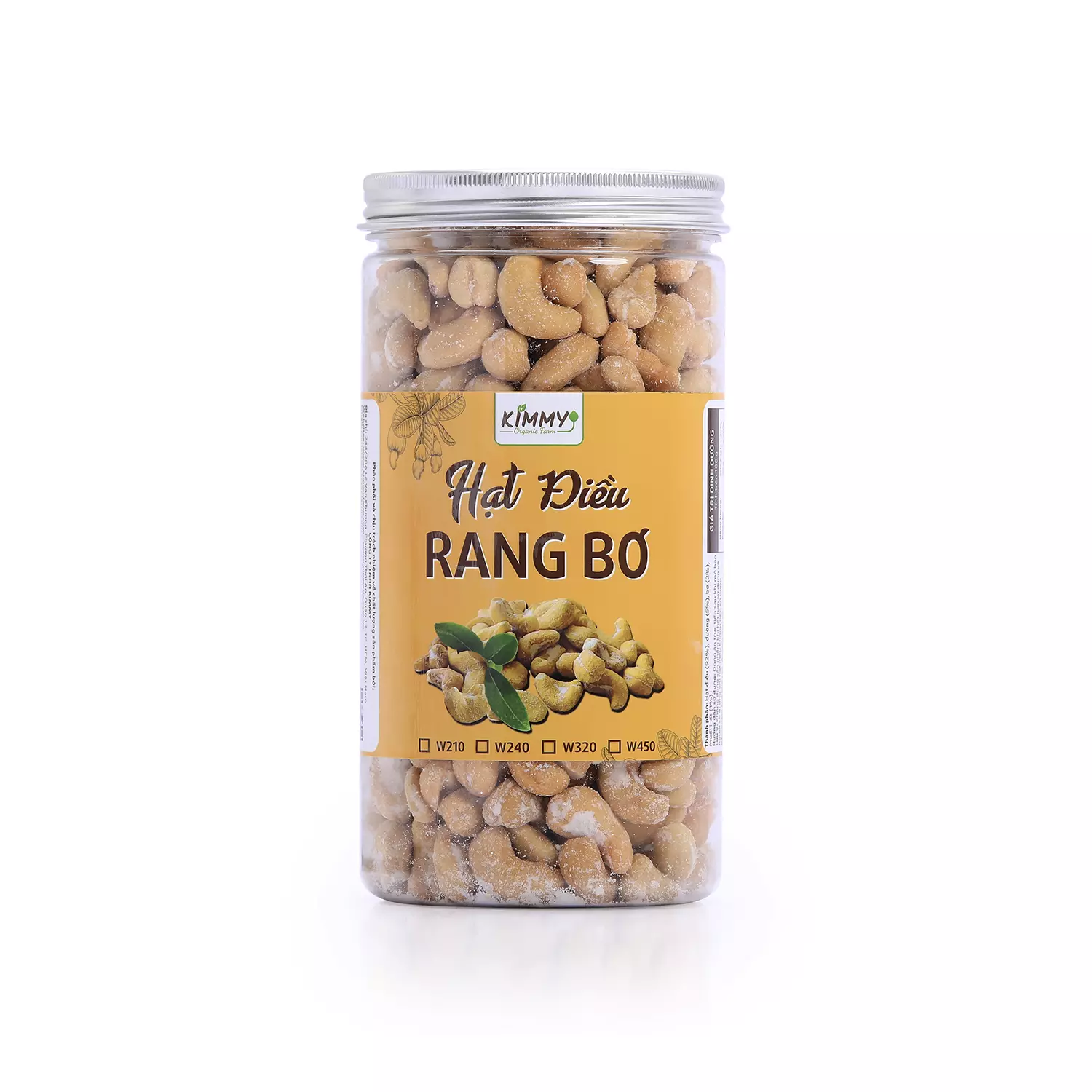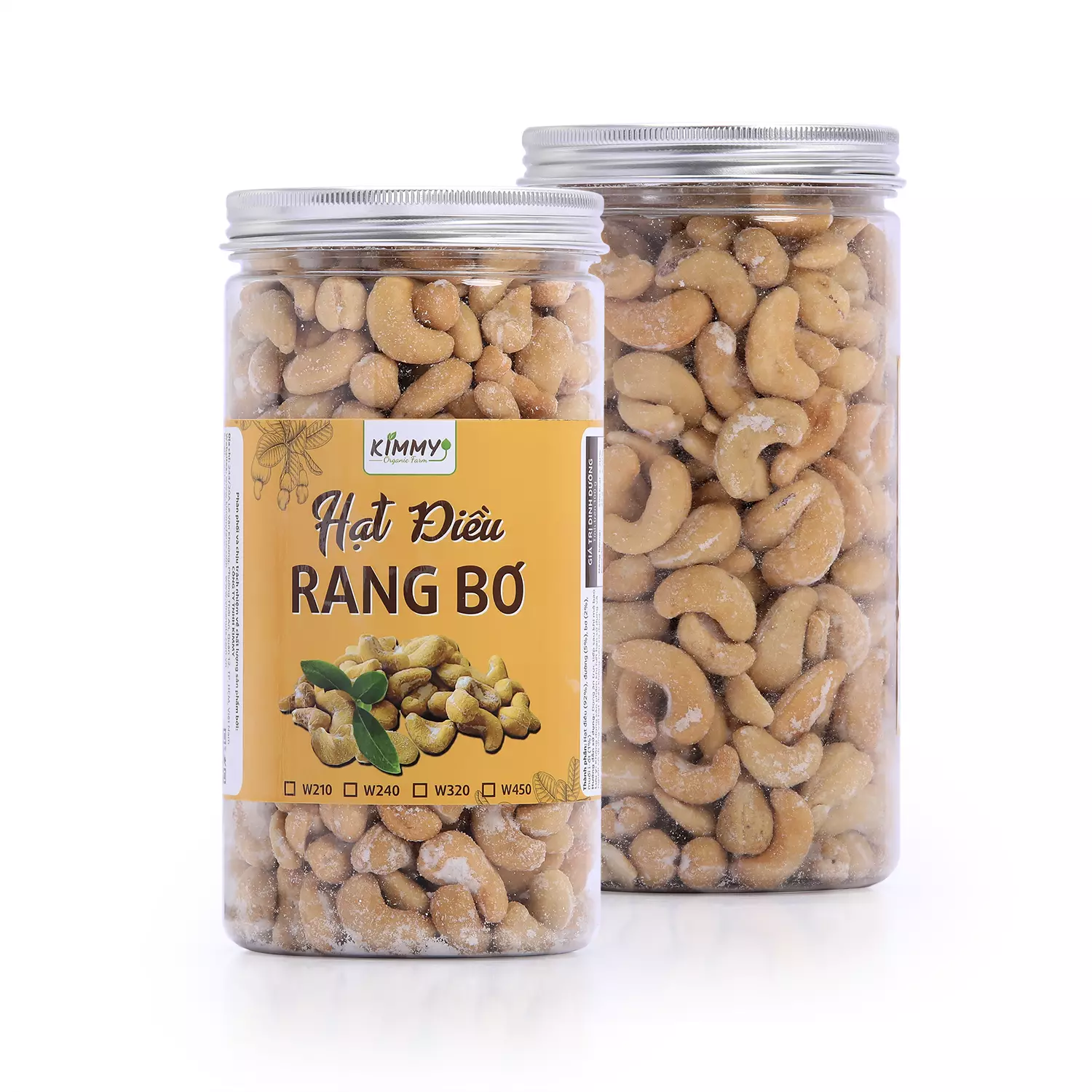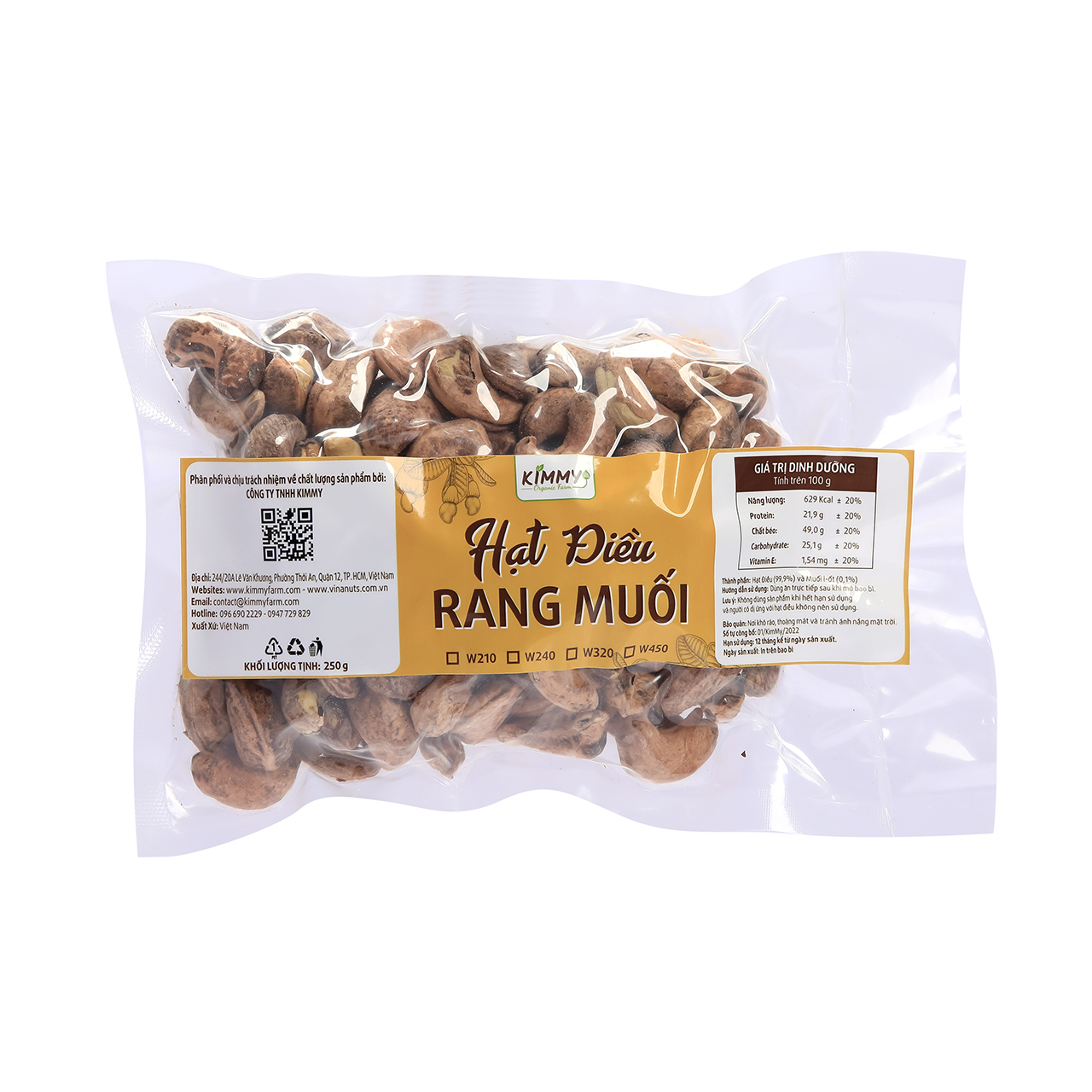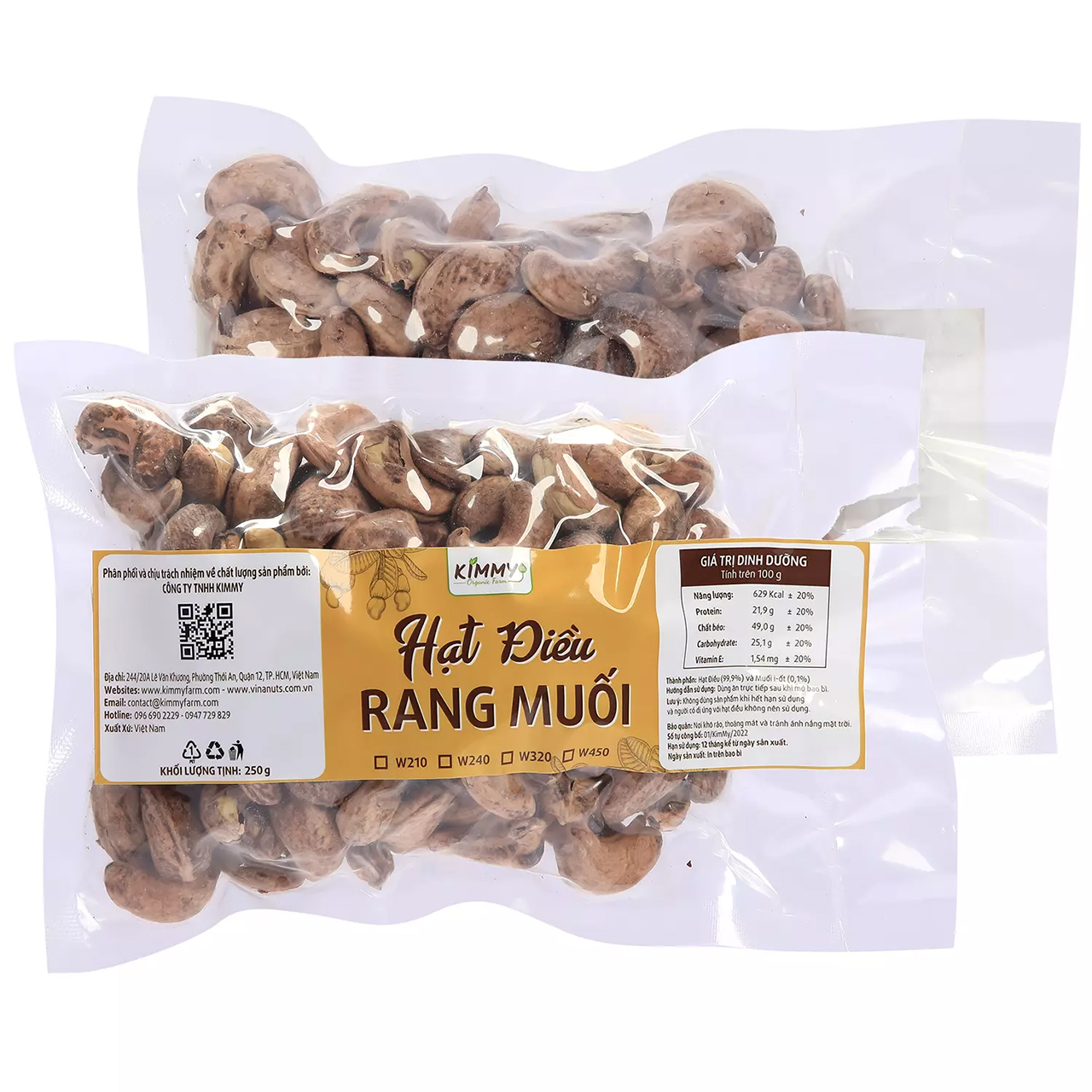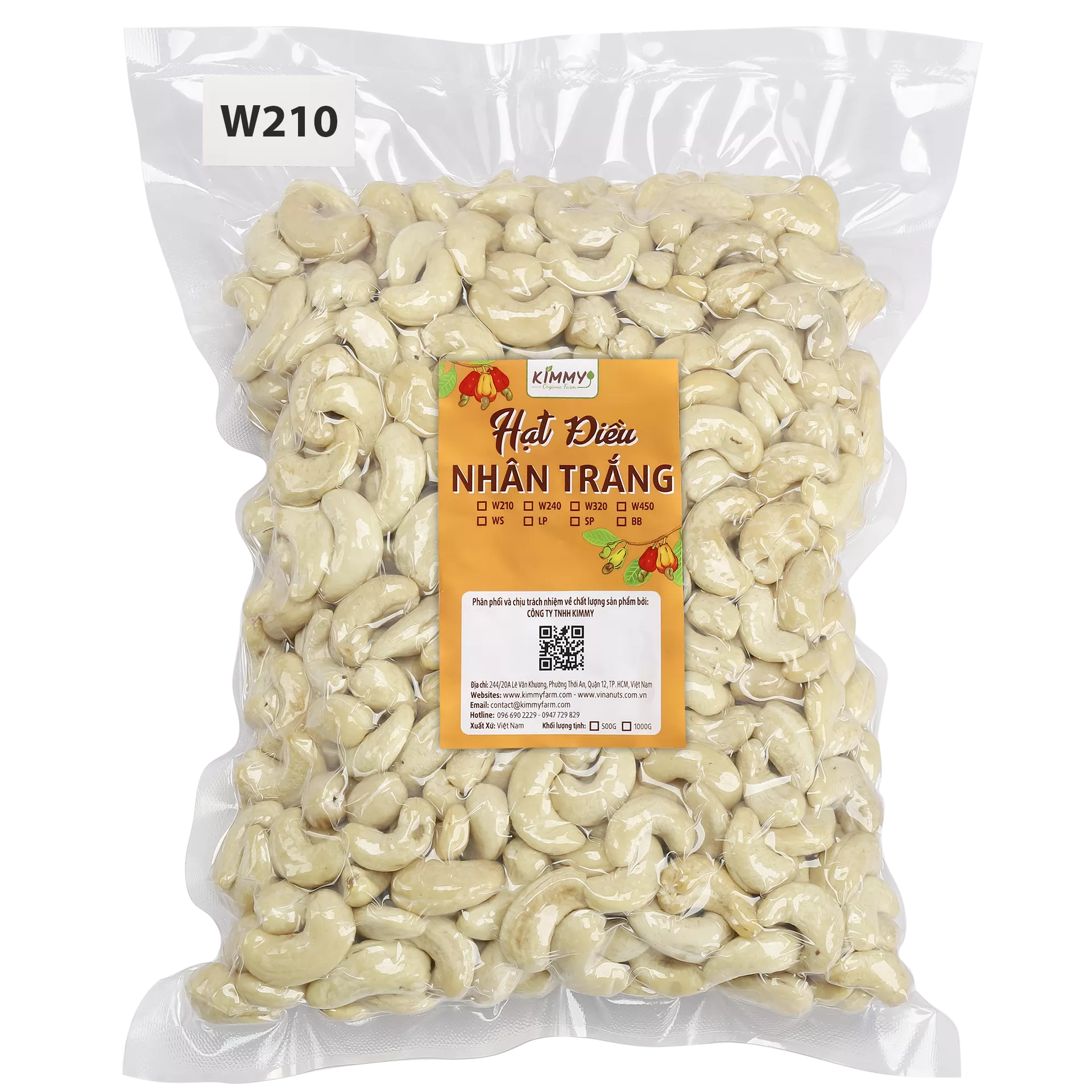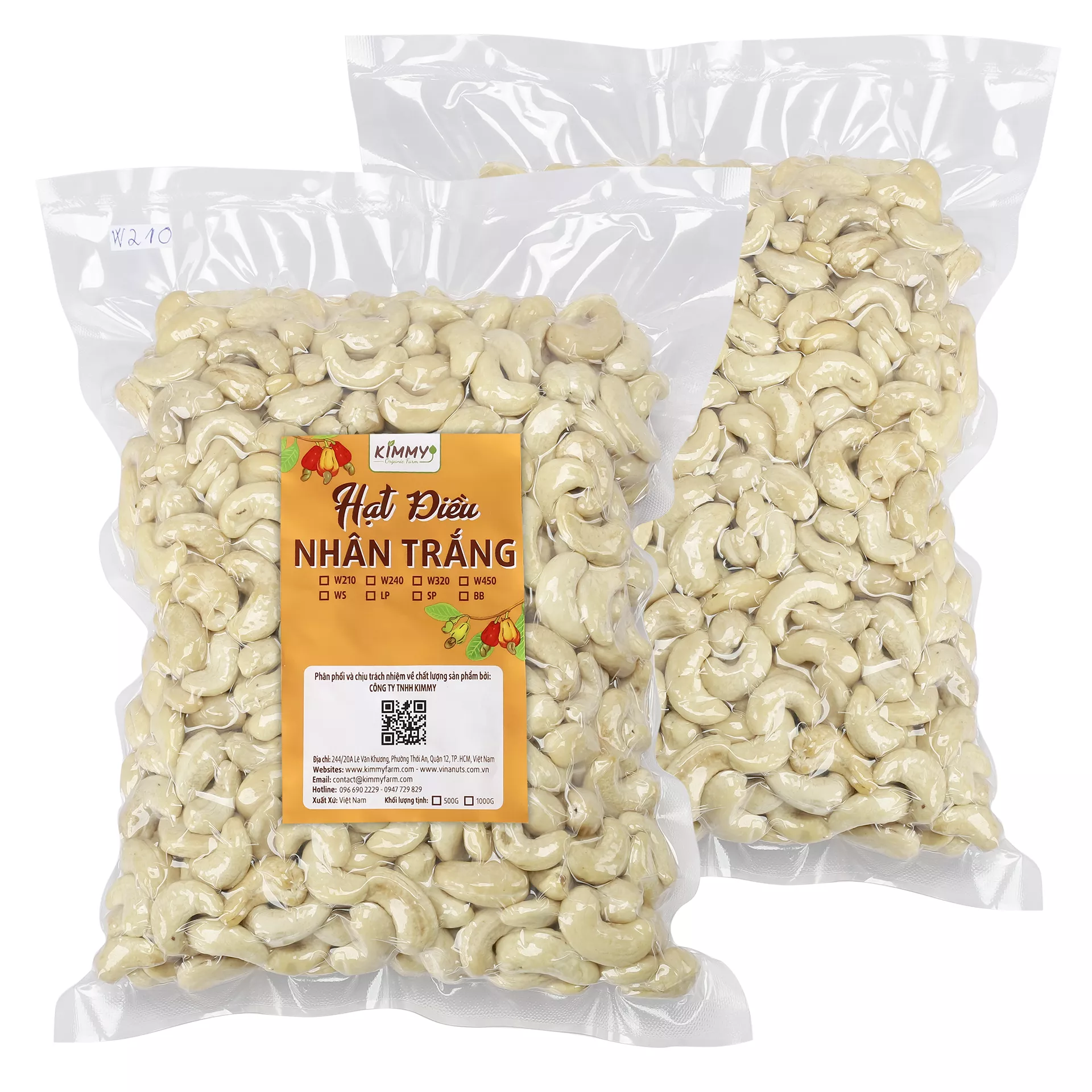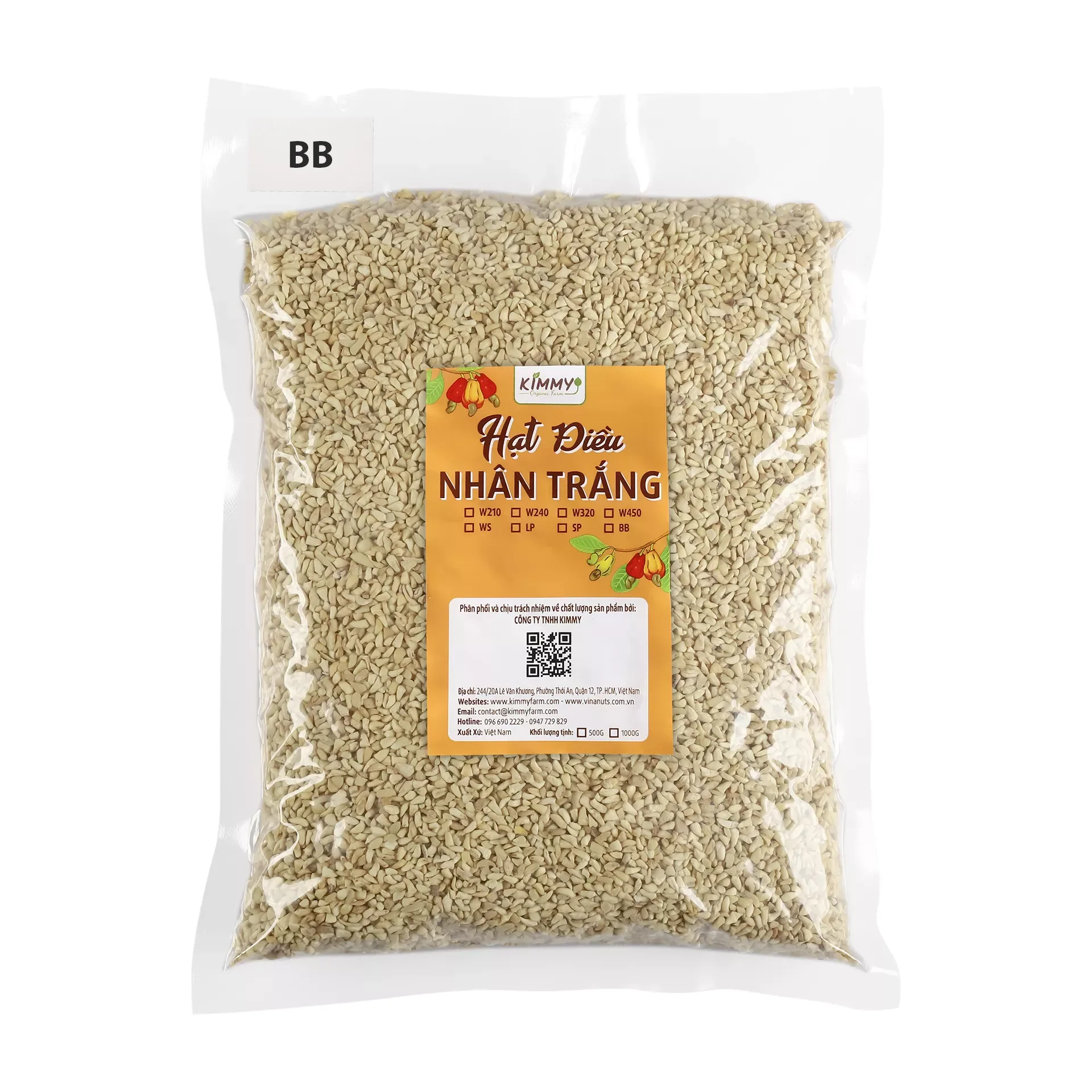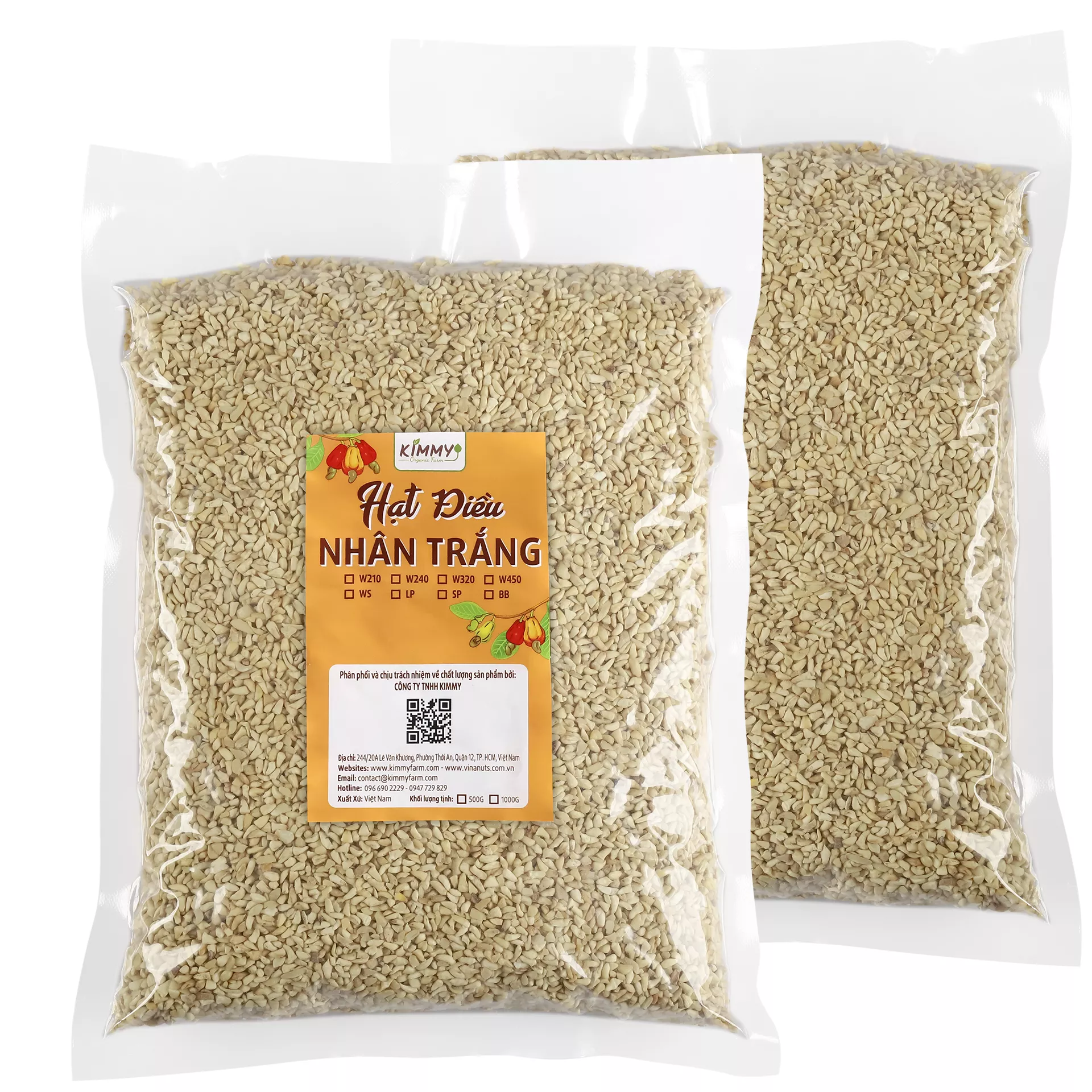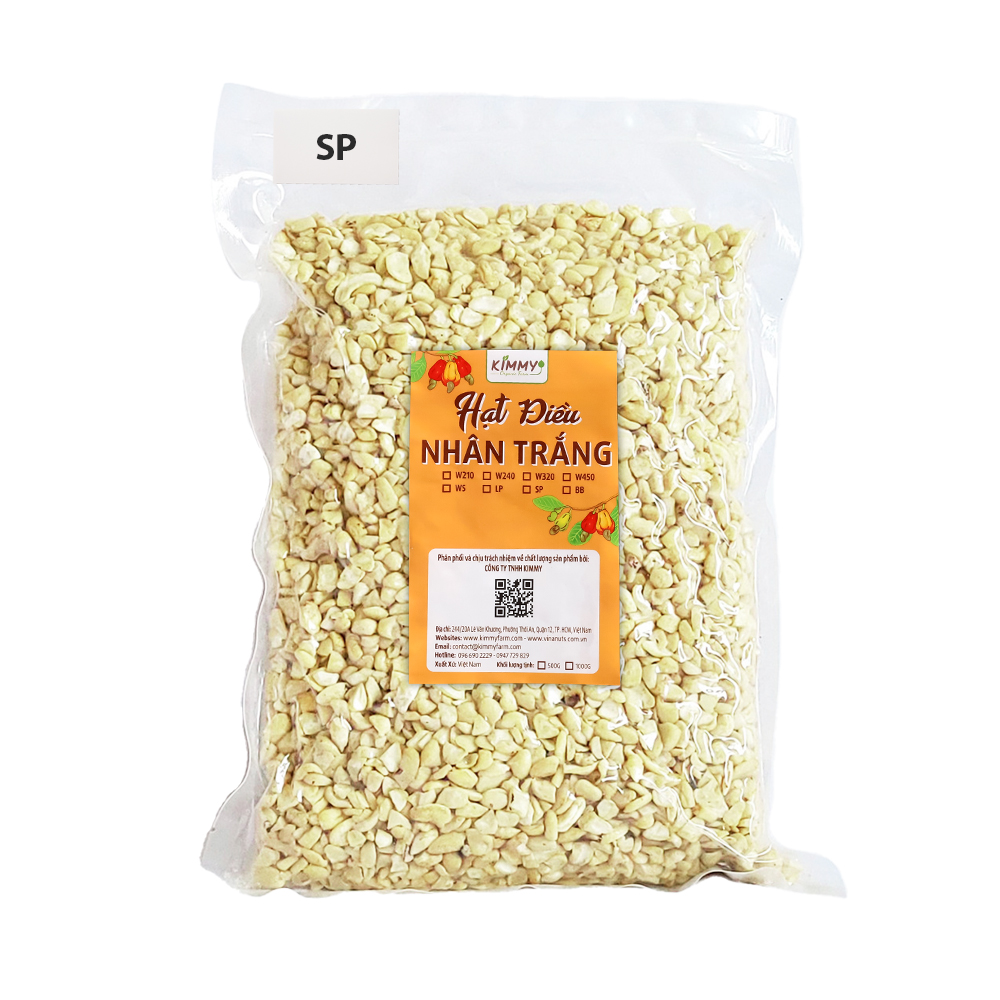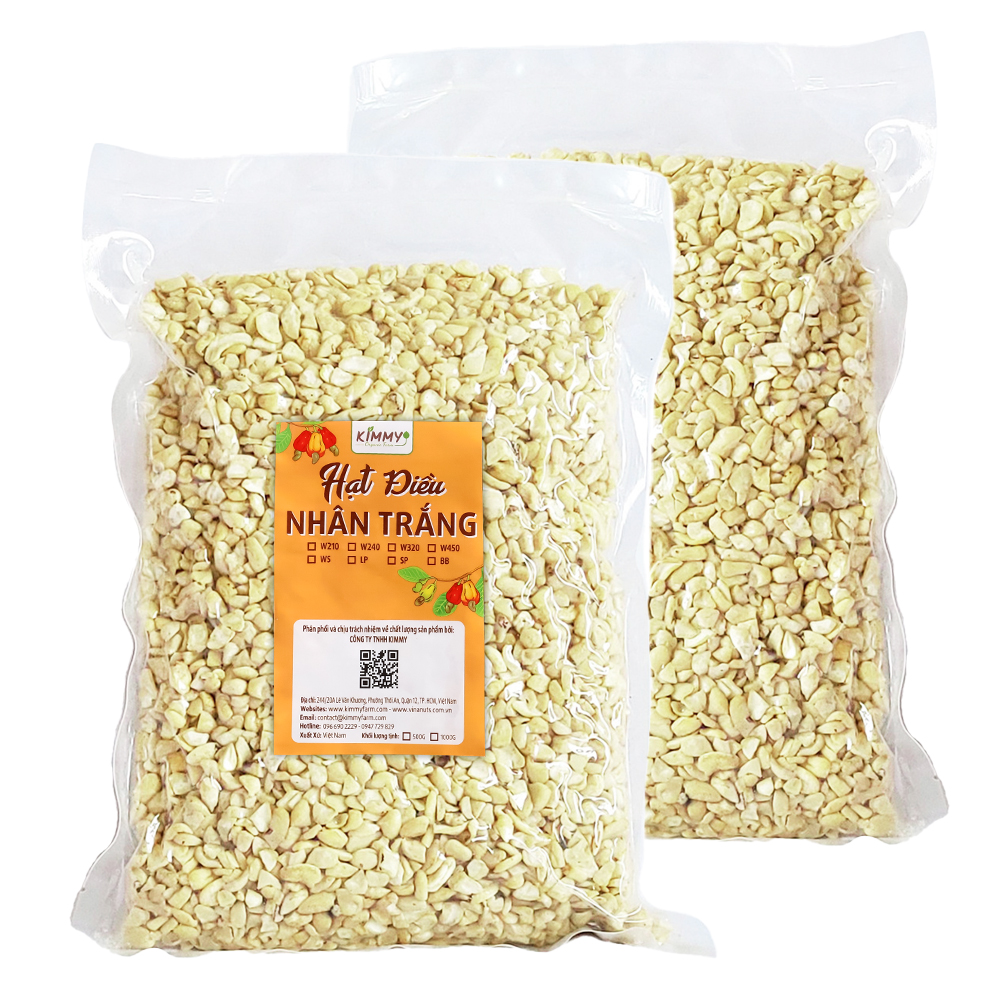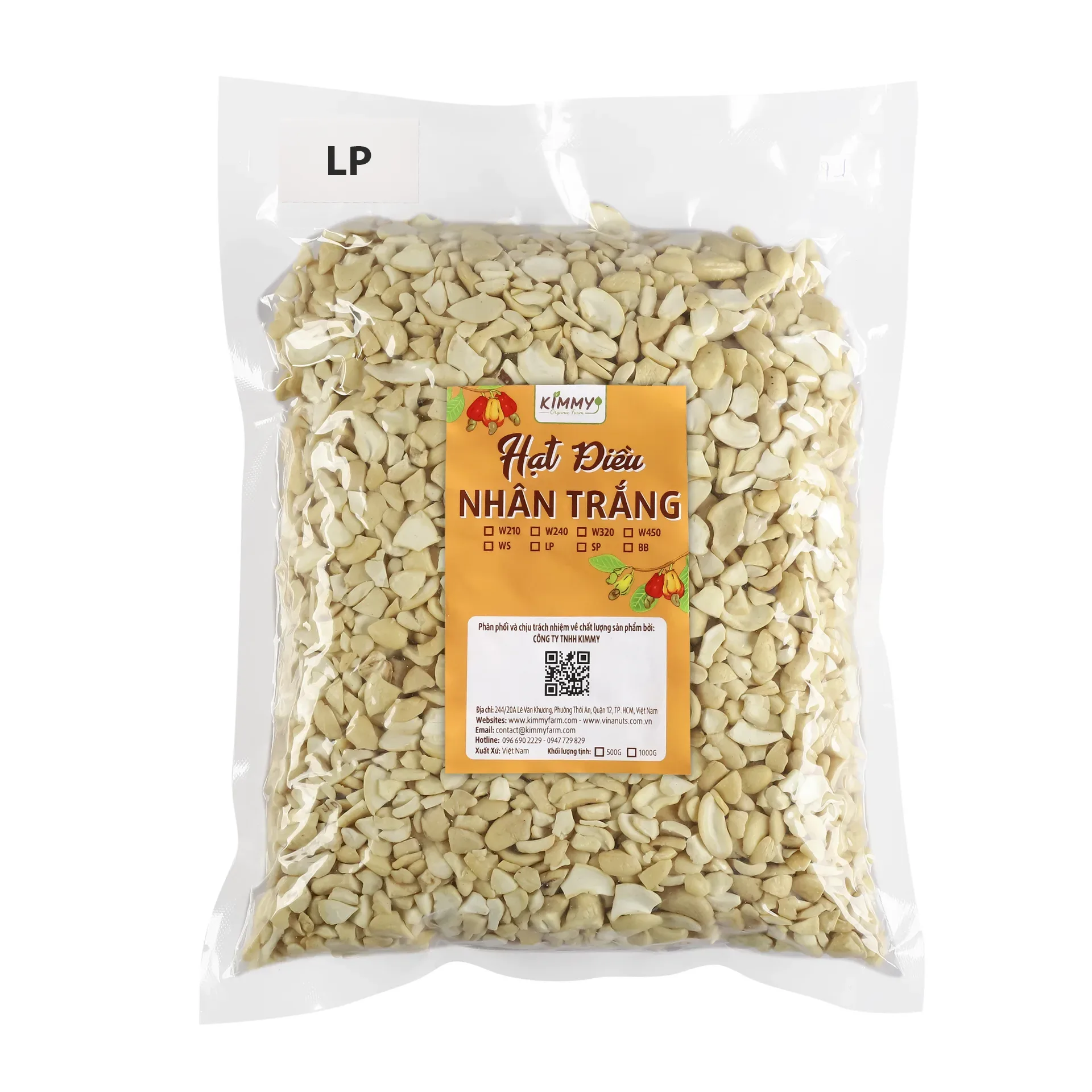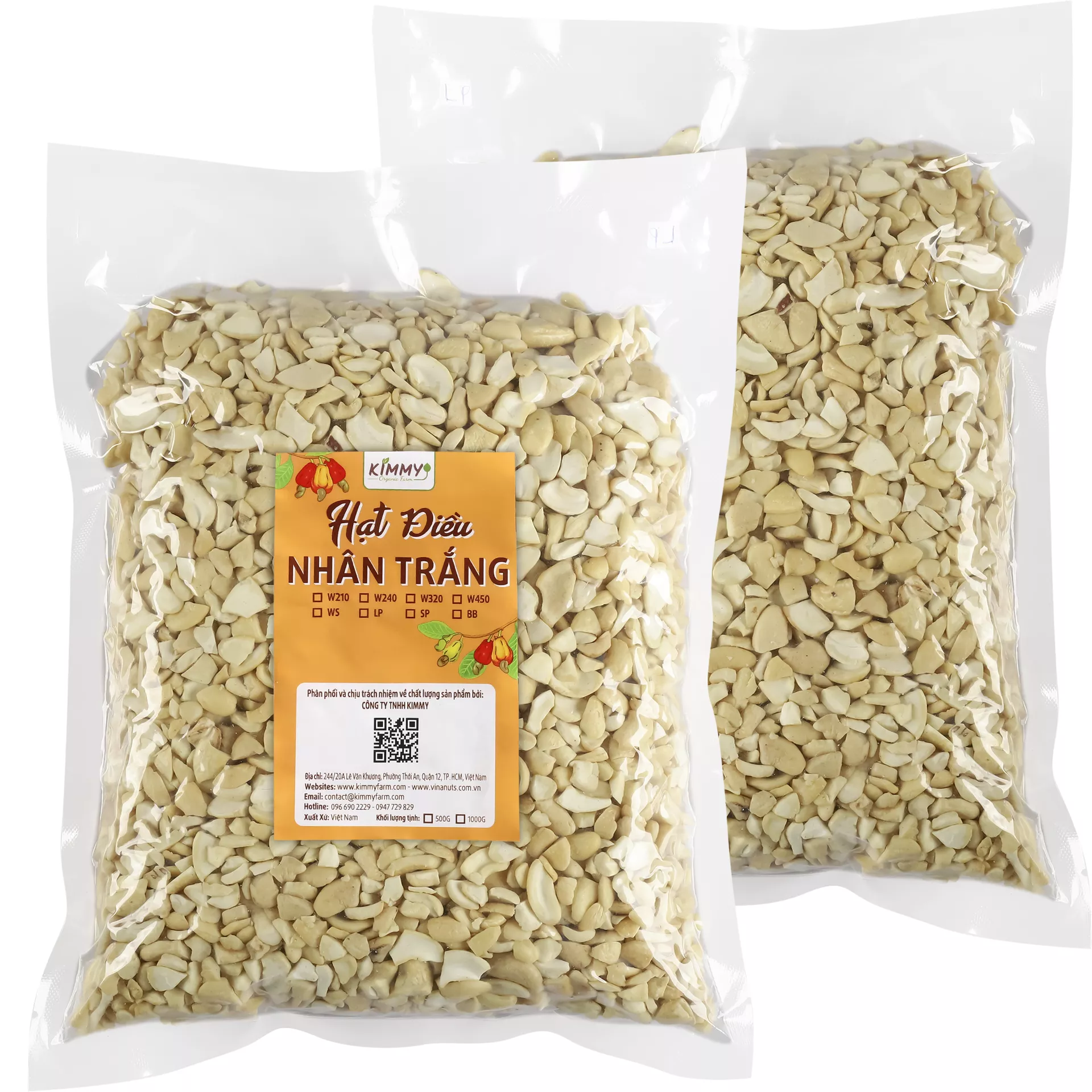The provided data offers valuable insights and tips for raising black soldier flies, and it can be integrated into the existing content to make it more informative and helpful to beginners. Here’s an improved version of the content: “Starting a black soldier fly (BSF) farm is an exciting venture, but it’s crucial to approach it with the right knowledge and preparations. Being overly enthusiastic at the beginning can lead to setbacks that may demotivate new farmers. For instance, obtaining BSF eggs before having the appropriate space and food ready can pose challenges.
Understanding the Scale:
Working with BSF requires an appreciation of the vast numbers of larvae that can develop from even a modest number of eggs. Even while it may not seem like much, just 20 grams of BSF eggs can produce around 800,000 larvae. About 3 to 6 square meters of space, or appropriate containers, are needed for every 20 grams of eggs. You can only begin to fathom the scope of your enterprise if you obtain 100 grams. Theoretically, you could get 60 to 75 kg of larvae from just 20 grams of starter material.
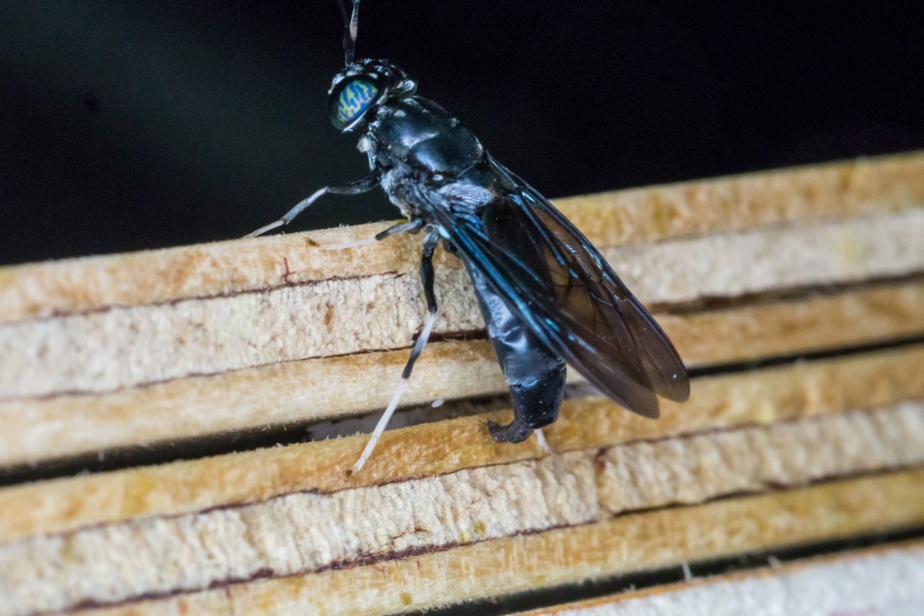
Managing Crowded Conditions:
Crowding the larvae in a limited space can lead to a rapid rise in temperature, which may result in escape attempts by 3-5-day-old larvae. While it won’t harm the larvae, recapturing them at that size can be extremely challenging. To avoid such a situation, ensure that you have enough space right from the beginning to prevent losses.
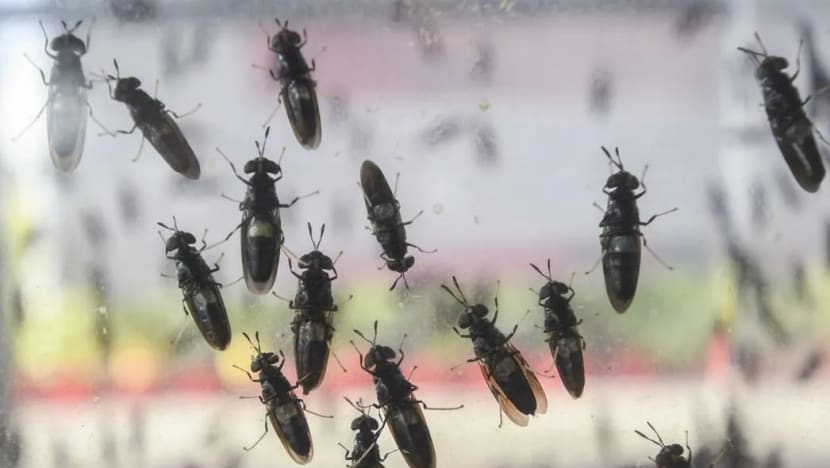
Addressing Heat Issues:
The type and thickness of the food you provide can also influence temperature within the rearing environment. When larvae consume meat or vegetables, they generate heat, often exceeding 40°C (104°F). If you are raising BSF outdoors, try to feed them at times when the ambient temperature is lower to prevent discomfort due to the combination of feeding heat and external conditions. Placing a dry layer of cocopeat or chick feed at the bottom of the container can help manage excess moisture, which might otherwise cause larvae to leave their habitat. This also facilitates easier container cleaning after they finish eating.
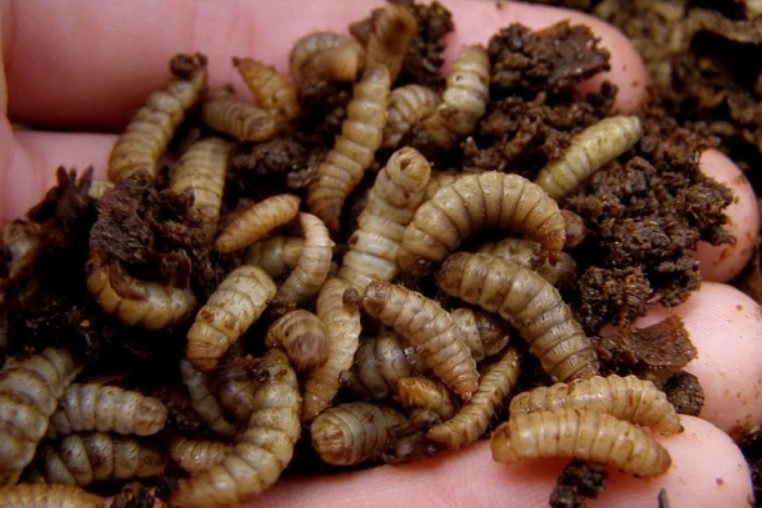
Balancing Food Supply:
BSF larvae are hearty eaters and consume a substantial amount of food. While they won’t die from insufficient food, inadequate nutrition can result in slower growth and delayed pupation. On a larger business scale, consider both the quantity of feed required and associated costs. Maintaining suitable temperature and humidity levels in the rearing environment can foster the development of robust, healthy flies.
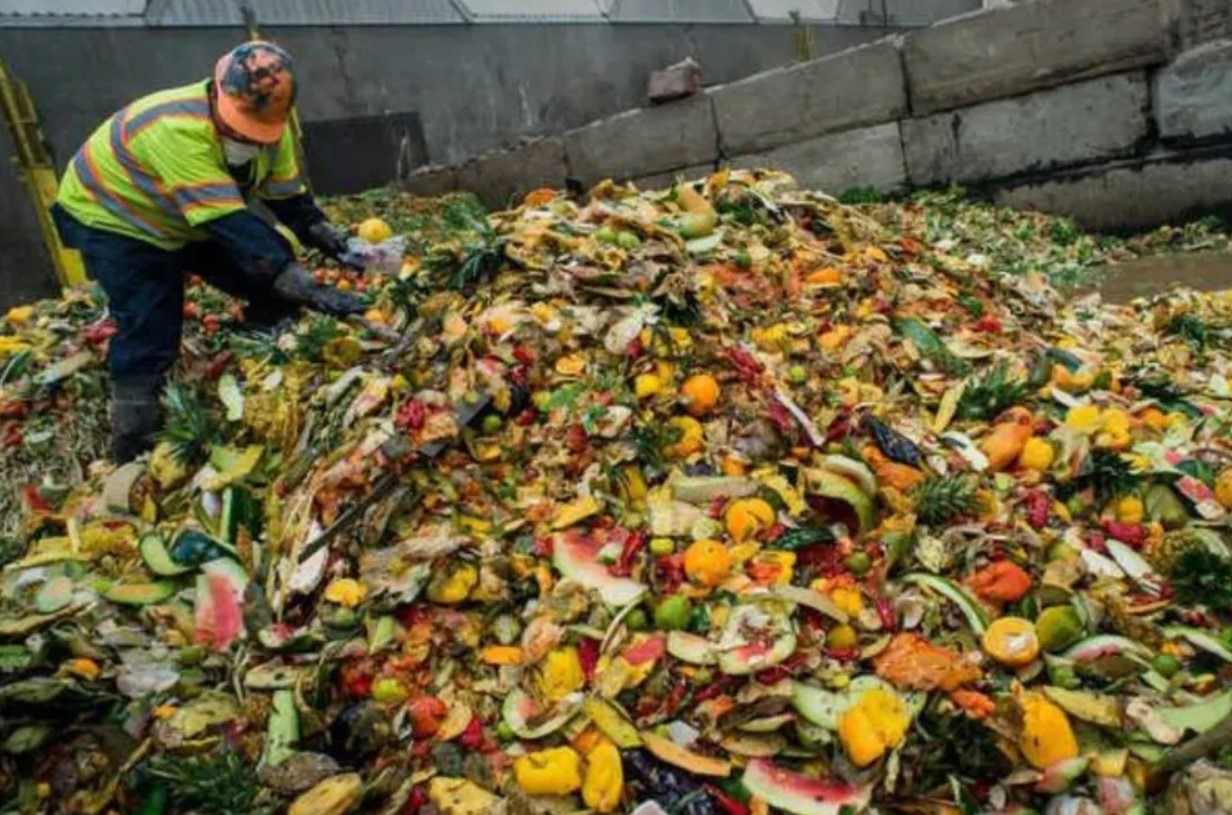
Protecting Against Ant Infestations:
Ants can pose a threat to BSF larvae, as they are known to consume them. If your larvae fall victim to ants, their bodies may stiffen from ant stings. To deter ants from your rearing area, a simple solution is to sprinkle kerosene or black oil around the perimeter. This will effectively discourage ants from encroaching on your precious larvae.”
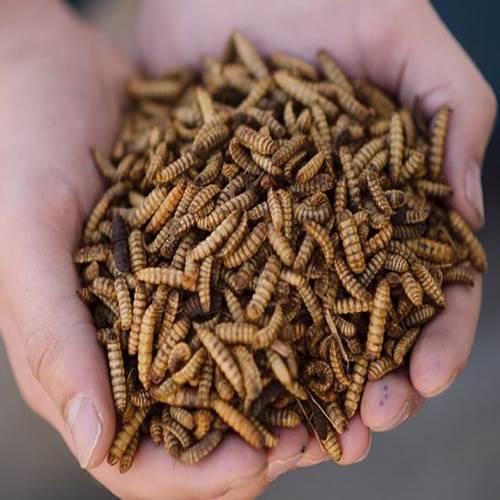
By incorporating the new data into the existing content, you can provide more detailed and practical advice to aspiring black soldier fly farmers, helping them avoid common pitfalls and losses in the early stages of their venture.

A brand specializing in the production and export of agricultural products in Vietnam. We have a black soldier fly farm in Tay Ninh and a cashew growing area in Binh Phuoc. The main export products of the company are: cashew nuts, cashew nut kernels, black soldier fly, frozen seafood, shrimp, prawns, catfish… from Vietnam.


